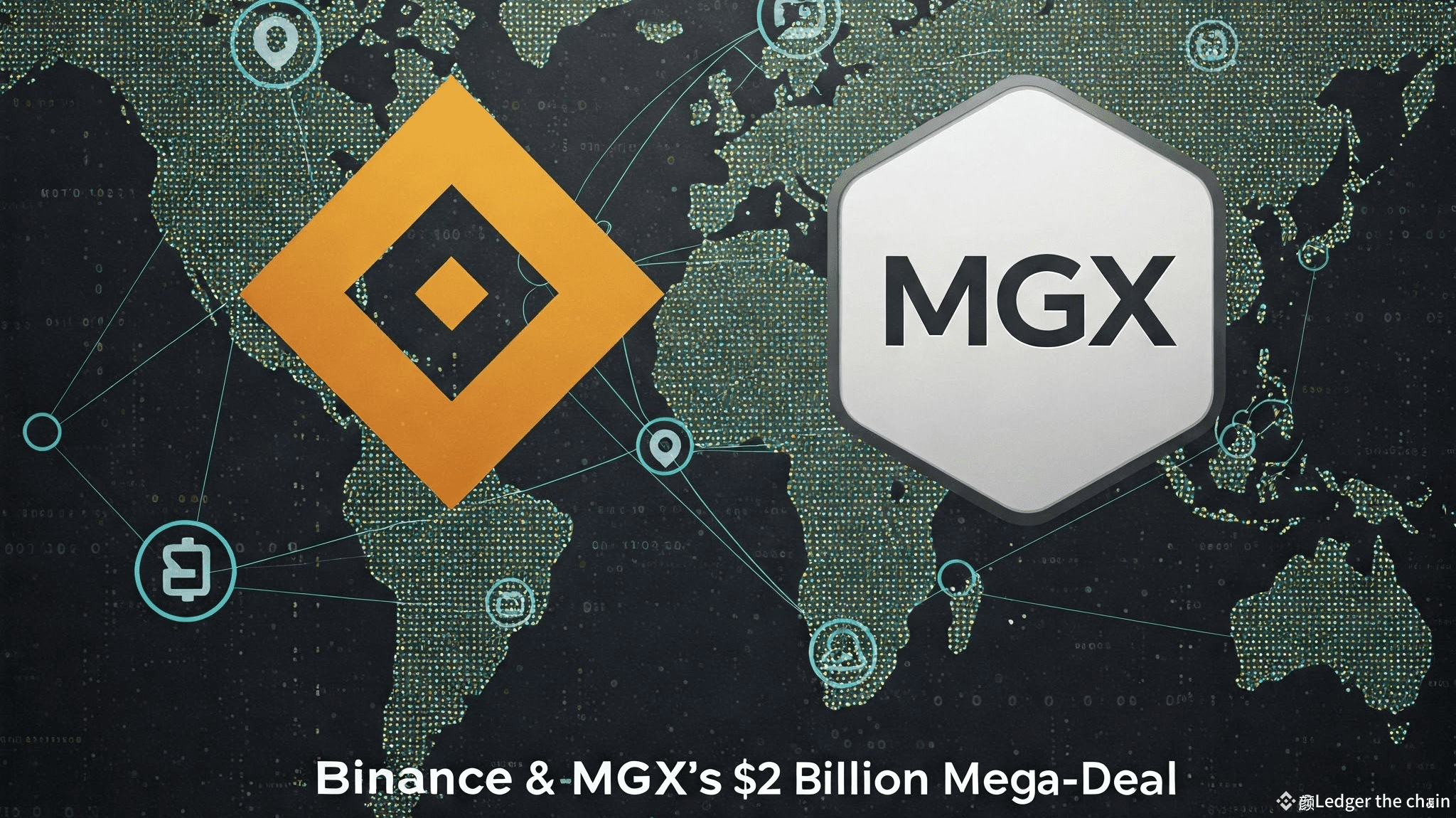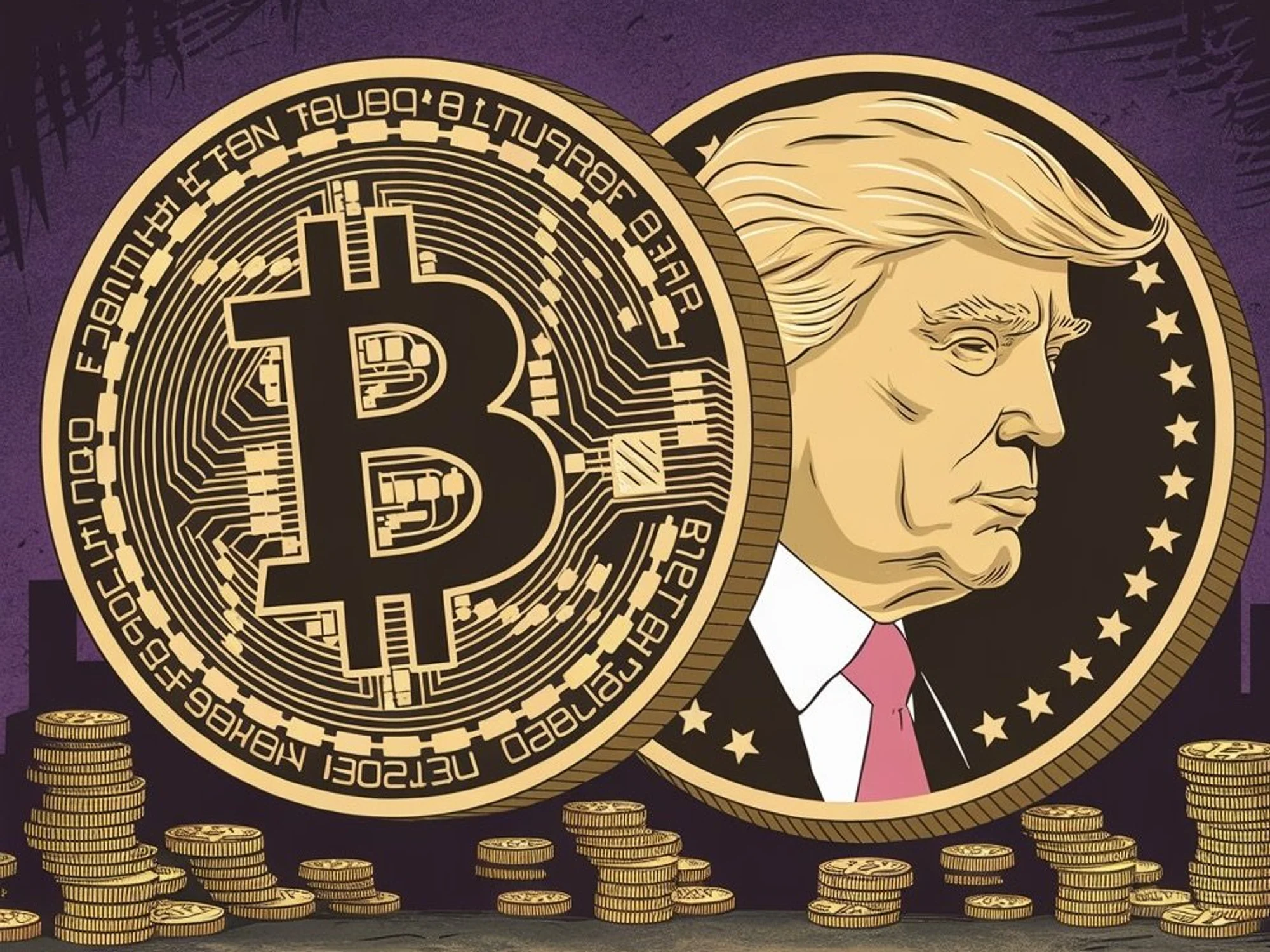Ripple has achieved a significant milestone by securing regulatory approval from the Dubai Financial Services Authority (DFSA), allowing it to offer crypto payment solutions within the Dubai International Financial Centre (DIFC). This makes Ripple the first blockchain-powered payments company licensed by the DFSA, reinforcing Dubai’s commitment to fostering blockchain innovation.
The new license enables businesses in the UAE to leverage Ripple’s crypto-based payment solutions, streamlining cross-border transactions with faster, more cost-effective, and transparent processes. As a global financial hub, the UAE presents a massive opportunity for blockchain adoption, given its trade sector is valued at over $400 billion.
Strengthening Ripple’s Presence in the Middle East
Ripple has been operating in Dubai since 2020, with its regional headquarters in the DIFC. The company already serves a strong client base in the Middle East, accounting for approximately 20% of its global customers. The newly secured DFSA license strengthens Ripple’s ability to provide regulated crypto payment services, addressing the increasing demand for efficient digital transactions in the region.
According to Ripple’s research, around 64% of finance leaders in the Middle East and Africa consider faster payment processing to be the biggest advantage of blockchain technology. The DFSA’s approval paves the way for businesses in the UAE to integrate Ripple’s payment infrastructure, boosting efficiency in international remittances, business-to-business payments, and financial settlements.
Dubai’s Support for Blockchain Innovation
His Excellency Arif Amiri, CEO of the DIFC Authority, welcomed Ripple’s expansion, emphasizing Dubai’s dedication to establishing itself as a global leader in blockchain technology. The DFSA’s approval aligns with the emirate’s long-term vision of adopting digital assets and fostering fintech growth.
Reece Merrick, Ripple’s Managing Director for the Middle East and Africa, highlighted the impact of this regulatory milestone:
“Securing this DFSA license is a major milestone that will enable us to better serve the growing demand for faster, cheaper, and more transparent cross-border transactions in one of the world’s largest cross-border payments hubs.”
Ripple also anticipates a growing trend in the UAE’s adoption of stablecoins for real-time transactions, reflecting the increasing demand for instant, low-cost payment solutions among businesses and individuals.
Global Expansion and Future Prospects
As of March 13, Ripple has secured over 60 regulatory approvals worldwide, including licenses in Singapore, Ireland, and multiple U.S. states. The company is also making strides in stablecoin development, with its recently launched RLUSD stablecoin surpassing a $130 million market cap since December.
Ripple’s blockchain-based payment solutions are gaining traction globally. The Bank of England is currently testing Ripple’s Interledger Protocol to enhance cross-border payment efficiency, while in the United States, asset managers such as Bitwise, Grayscale, Franklin Templeton, and 21Shares have filed applications for XRP Exchange-Traded Funds (ETFs). These developments indicate Ripple’s growing influence in the evolving landscape of digital finance.
With the DFSA’s approval, Ripple is poised to accelerate crypto adoption in the UAE, supporting businesses in transitioning toward more efficient, blockchain-powered payment solutions. Dubai continues to strengthen its position as a leading hub for fintech innovation, attracting global players like Ripple to shape the future of digital finance.
Disclaimer: The information provided in this article is for informational purposes only and should not be considered financial, investment, or legal advice. Cryptocurrency investments are subject to market risks and regulatory changes. Readers should conduct their own research and consult with a financial advisor before making any investment decisions. While efforts have been made to ensure accuracy, we do not guarantee the completeness or reliability of the information presented. Neither the author nor the publisher is responsible for any financial losses or decisions made based on this content.

